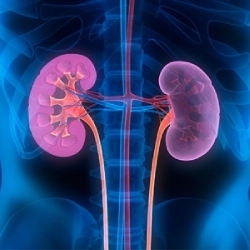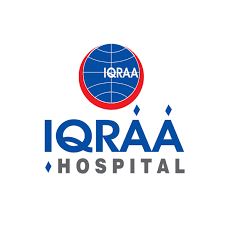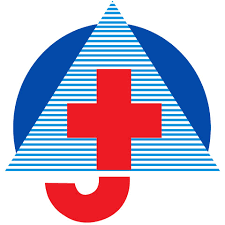Search Doctors, Clinics, Hospitals, Labs, Treatments & Surgeries,


Nephrology
Kidney dialysis
What is kidney dialysis?
Dialysis is a treatment for persons with failing kidneys. If kidneys don't filter blood, wastes and poisons accumulate in your bloodstream. Dialysis helps your kidneys do their job by eliminating waste materials and extra fluid from your blood.
Who are the candidates for kidney dialysis?
Dialysis may be required...
Available clinics & hospitals
You can request quotation from the listed clinics & hospitals

Neyyar Medcity
Trivandrum, Kerala

Manipal Hospital Goa
Goa Velha, Goa

MGM Healthcare
Chennai, Tamil nadu

MobeedCare Kanhangad Smart Clinic
Kanhangad, Kerala

Iqraa International Hospital and Research Centre
Kozhikode, Kerala

Malabar Hospital
Kozhikode, Kerala

Ananthapuri Hospitals
Trivandrum, Kerala

B&B Memorial Hospital
Kochi, Kerala

KIMSHEALTH, Trivandrum
Trivandrum, Kerala

KMC Hospital Mangalore
Mangalore, Karnataka

VPS Lakeshore Hospital
Maradu, Kerala

Aster MIMS Kottakkal
Malappuram, Kerala

Aster MIMS, Kozhikode
Kozhikode, Kerala

Aster MIMS Kannur
Chala, Kerala

Sreechand Speciality Hospital
Kannur, Kerala

A.J Hospital and Research Centre
Mangalore, Karnataka

Indiana Hospital Mangalore
Mangalore, Karnataka
Enquire Now
Login to enquire or request discount for a medical procedure.
Patient Services
Provider
All rights reserved by ShopDoc
A MobeedCare Pvt Ltd company
